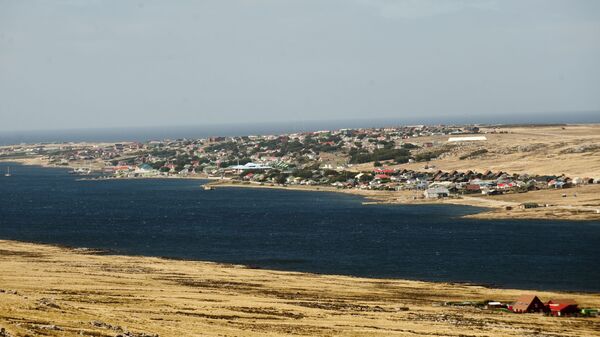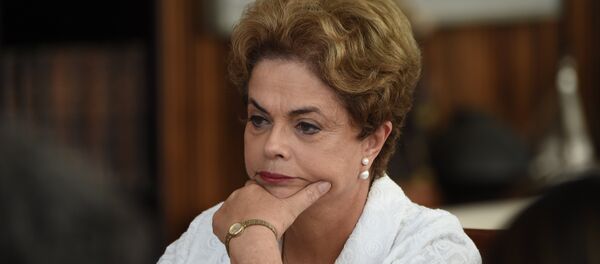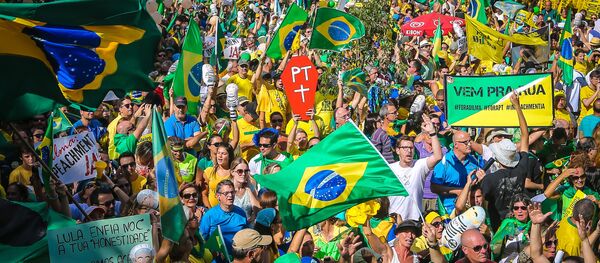In particular, Argentine authorities protested the fact that Brazil was hosting the military planes flying to and from the disputed territories. They pointed out that the stopovers of British military aircraft were in violation of local agreements that forbid the landing of UK military planes in the countries of the region.
In an interview with Sputnik Mundo, Secretary of Institutional Relations at the Malvinas War Veterans Center in La Plata Ernesto Alonso commented on Argentina's position.
"According to the agreements signed by the two Latin American countries, no British military aircraft heading to Malvinas [Falkland Islands] is allowed to land in the region. We do not believe in the version they [Brazilian authorities] have used to justify the landings, saying that they were caused by some kind of breakdown; in recent years such landings have taken a systematic character," Alonso said.
According to Alonso, such trend is related to new Argentine and Brazilian political strategies pursued by presidents Mauricio Macri and Michel Temer, respectively.
"All this is related to policy changes in Argentina under Mauricio Macri and in Brazil under Michel Temer. The two countries have decided to have closer relations with and favor the interests of external powers beyond the continent, in the case of the UK and the United States," he said.
The expert criticized the incidents saying that they undermine the regional stability.
"It is very unusual that these flights occurred with the secret assistance of Brazil. Unfortunately, nowadays Malvines is the most militarized region worldwide, given the fact that 3,000 civilians account for 1,500 military servicemen," he summed up.
The Falkland Islands are a British Overseas Territory. Argentina has claimed sovereignty over the Falklands, located some 435 miles from the country's mainland, for decades, which had even led to a short, but terrible war in 1982. However, the majority of the islands' population wants them to remain under control of the United Kingdom.
Tensions over the islands escalated during the presidency of Cristina Fernandez de Kirchner. The new president, Mauricio Macri, however, displayed a more business-like approach, seeking to open new channels of communication between Argentina and the UK.




